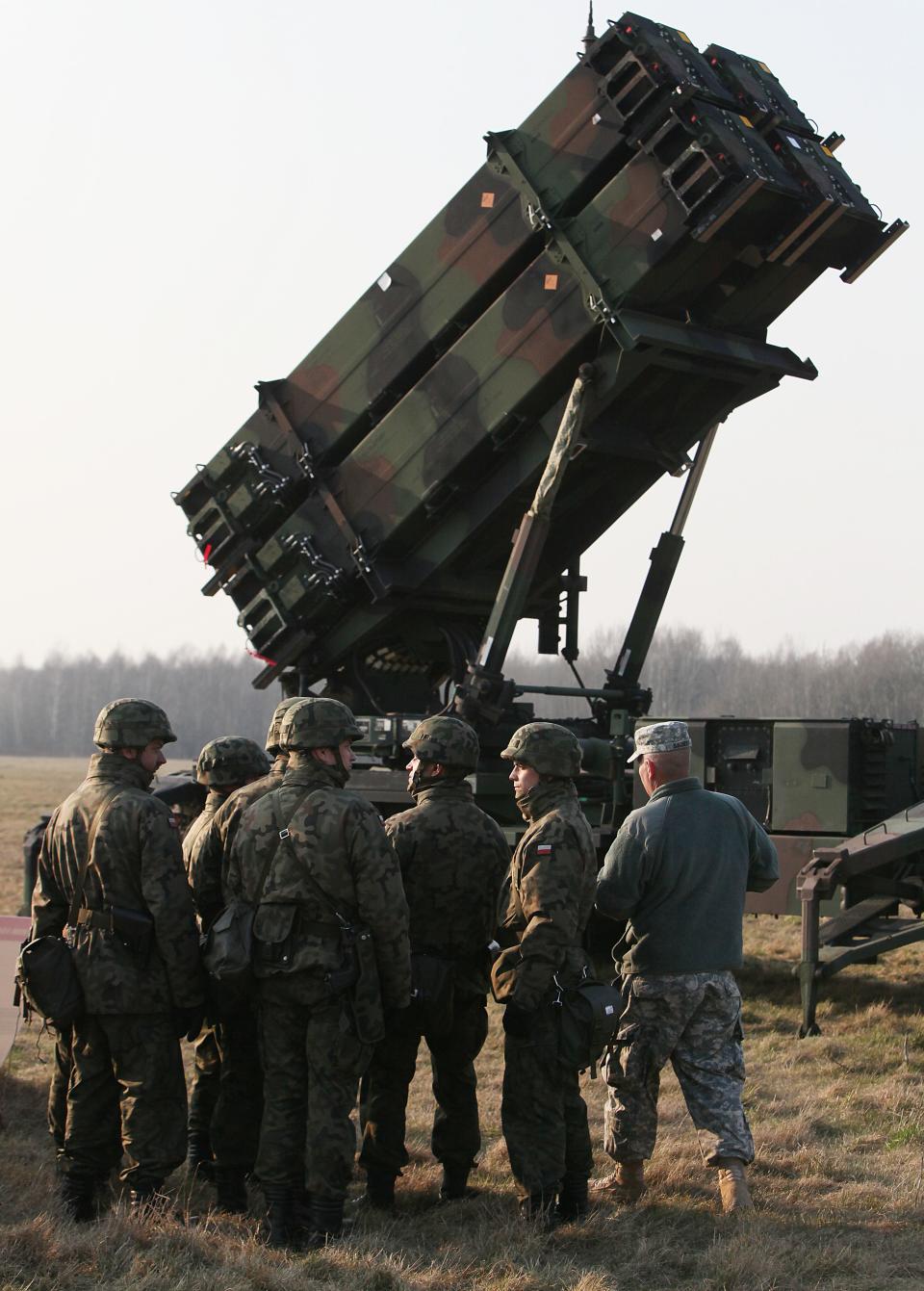 |
Swedish National Guard troops trained last month on
the island of Gotland, near the center of the increasingly
militarized Baltic Sea. Photo: Charles Duxbury/The WSJ |
Shots and shouts rang out among the trees as National Guard troops practiced defending this Swedish island’s communications infrastructure against invading saboteurs on a recent weekday.
Members of the volunteer force swept through a clearing to flush out enemy stragglers before a call of “no sightings” brought the drill to an end.
 |
| CLICK MAP to ENLARGE |
Until recently, the arrival of foreign troops to this Baltic Sea outpost was seen as so unlikely that this force of part-timers, who get about a week of training a year, was judged adequate insurance against it.
That is now changing.
After Russia grabbed a piece of the Black Sea coast from Ukraine and ramped up its marine and air force exercises on and over the Baltic, the other eight countries with a piece of that sea’s shoreline have realized that this backwater isn’t as placid as it was.
 |
| CLICK CHART to ENLARGE |
“People believed in security mechanisms like the U.N. and EU and so on, but it has been shown that those don’t work—one country has invaded another relatively close to us,” said Hans Hakansson, the National Guard chief on Gotland. “If it can happen in one place it can happen in another.”
Last month Sweden said it would send a permanent force of professional soldiers—initially a company of about 150—to Gotland for the first time in a decade as it refocuses its military on national defense and away from international missions in places like Afghanistan and Mali.
The Swedish plan to deploy even such a modest defensive force on this island near the Baltic Sea’s center is an eye-catching example of a militarization that evokes memories of the Cold War, when the Baltic was part of the front line between the Soviet Union and the West.
 |
| Poland is beefing up their Defense Systems |
While military spending is falling in the U.S., the U.K. and France, the reverse is true in this corner of northeastern Europe.
The Stockholm International Peace Research Institute, a think tank, said this month that seven out of the nine states around the Baltic Sea are set to increase military spending this year and that the other two are considering it.
Sweden will refit warships previously set for retirement and increase its submarine fleet while Poland is budgeting for new naval vessels, helicopters and coastal defense systems.
Read the rest of the story
HERE.
If you like what you see, please "Like" us on Facebook either
here or
here. Please follow us on Twitter
here.





No comments:
Post a Comment